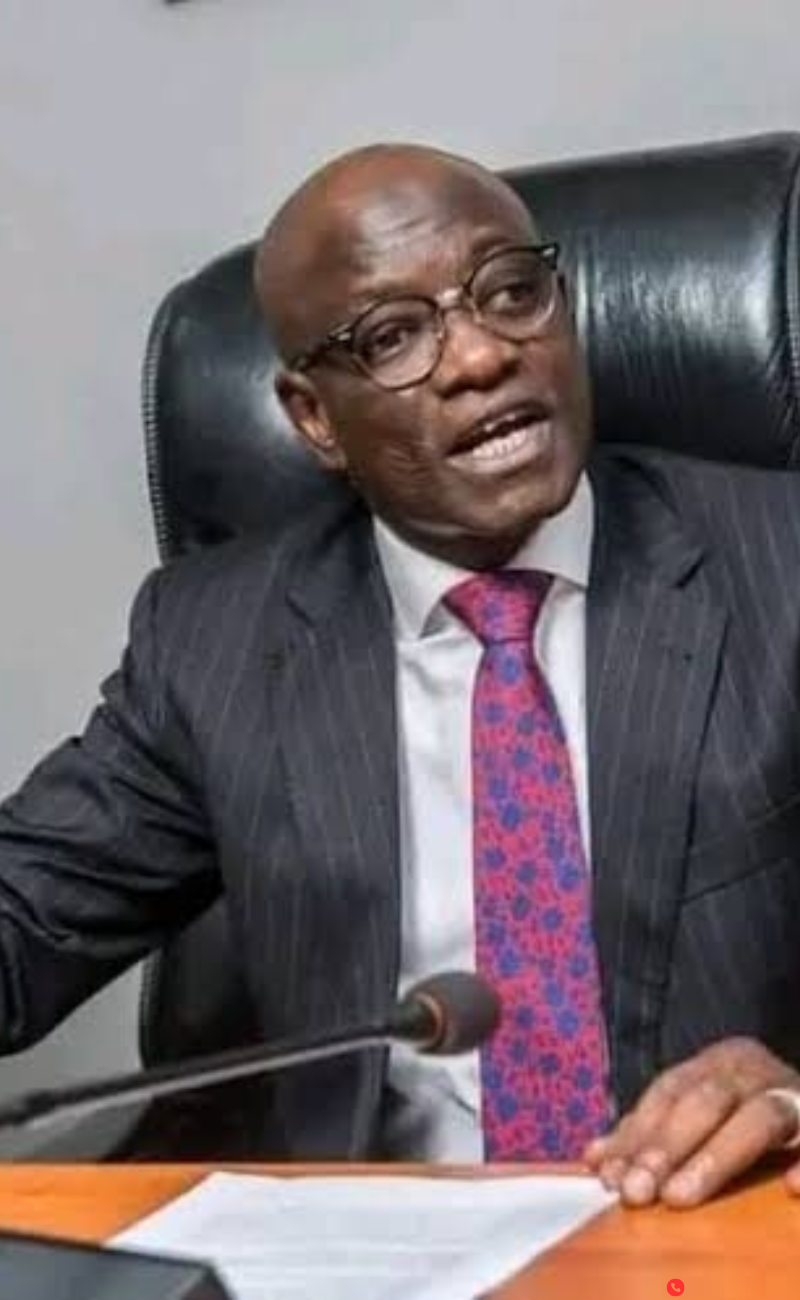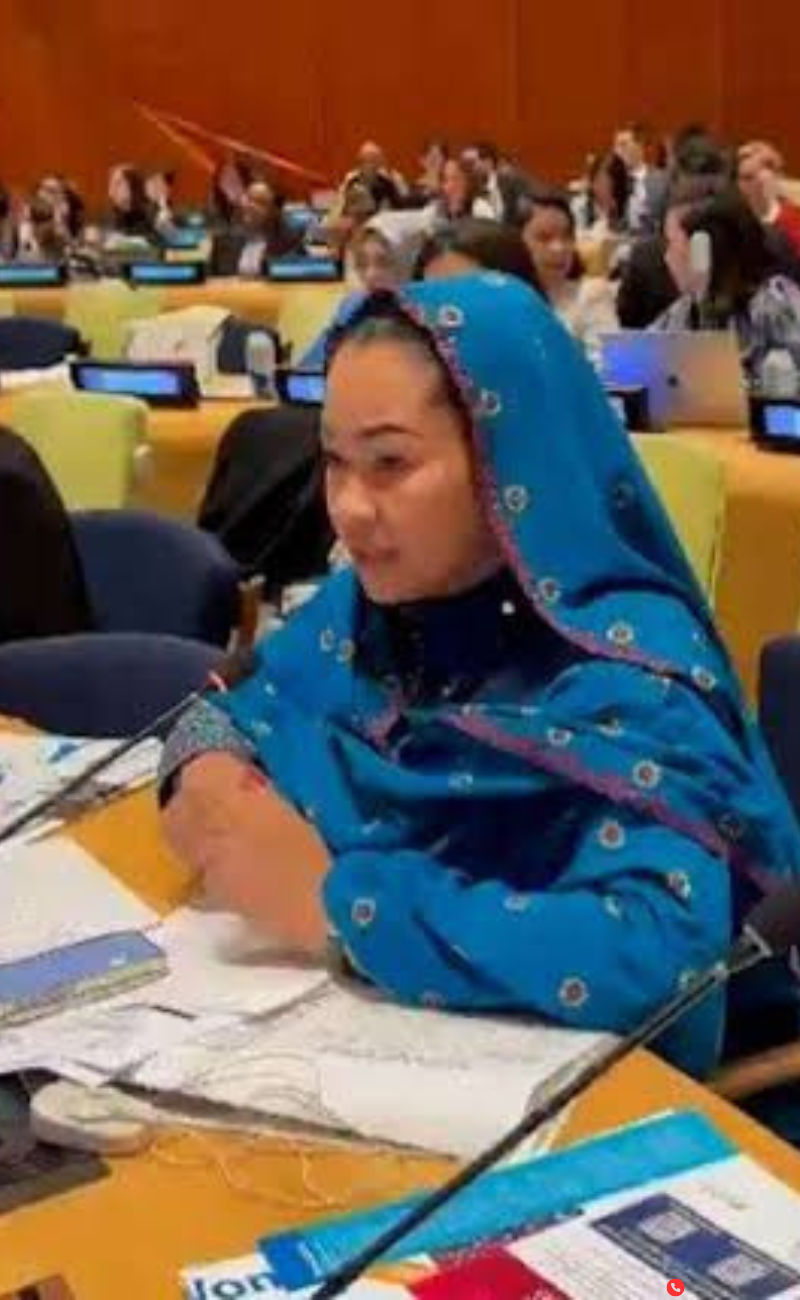As lawmakers round up scrutiny of the 2025 budget proposal, prioritizing gender and social inclusion in resource allocation is key to promoting inclusivity and equitable development.
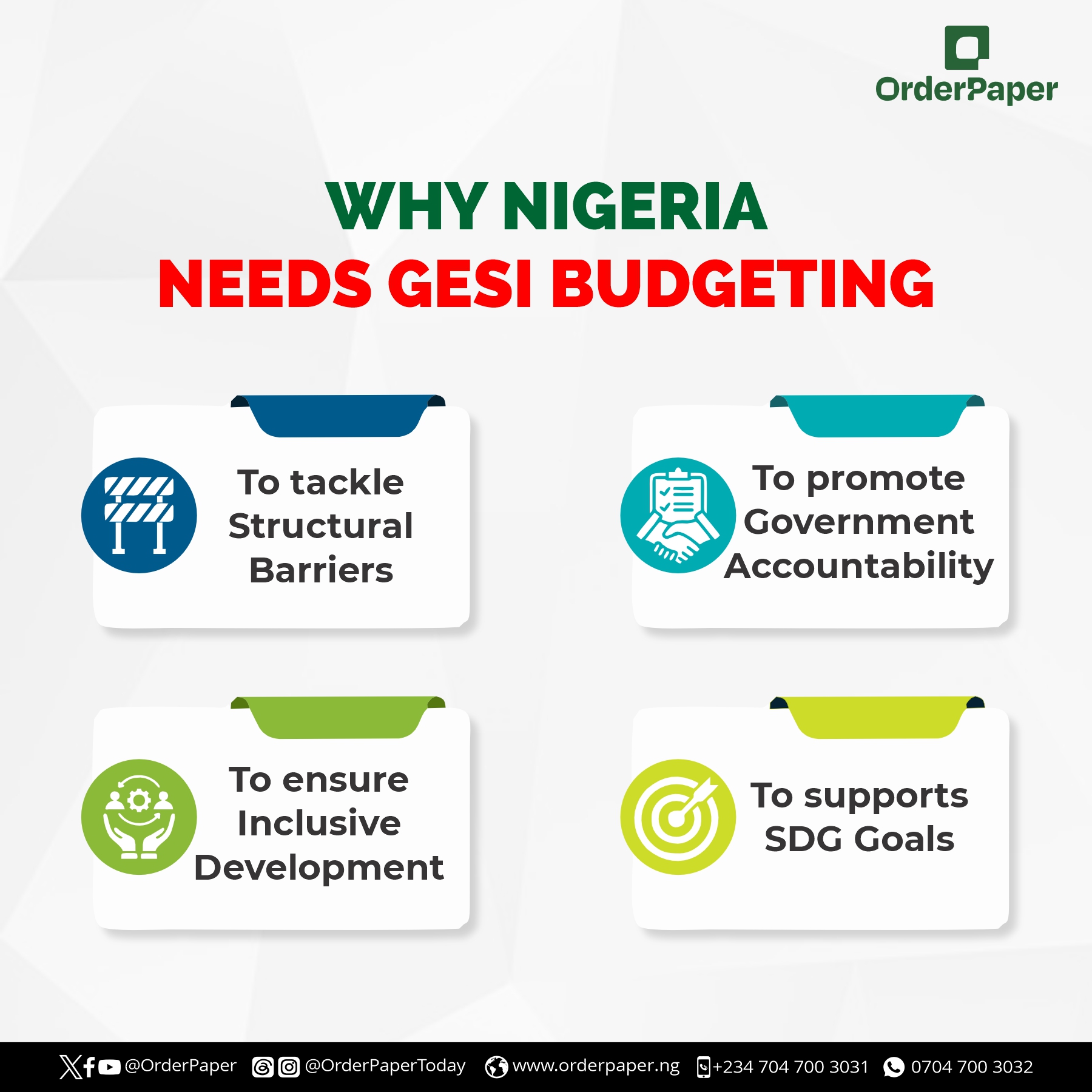
Budget defence by Ministries, Departments, and Agencies (MDAs) serves as a critical platform for lawmakers to carefully scrutinize details of the budget proposal laid by the president. This process ensures that public funds are not only allocated judiciousy but also distributed equitably to address the needs of all Nigerians, particularly marginalized groups such as women, youth, and persons with disabilities (PWDs).
Given the stakes, it is essential to evaluate how well the principles of diversity, equity, inclusion, and accessibility (DEIA) are being integrated into these deliberations. Are MDAs presenting budgets that truly reflect the realities of underrepresented communities? Are lawmakers leveraging this opportunity to call for equitable resource allocation? These are questions that need to be asked as these MDAs round up defense of their budget proposals.
The Importance of GESI in Budgeting
A gender-sensitive and socially inclusive budget goes beyond equitable resource allocation; it addresses the structural barriers and unique challenges faced by marginalized groups, including women, youth, PWDs, and underrepresented communities. This ensures that public expenditures are aligned with the principles of justice, equity, and inclusivity.
According to UN Women, gender-responsive budgeting not only fosters a sense of fairness but also strengthens government accountability, making public institutions more transparent and responsive to the needs of diverse populations. It aligns budgetary priorities with societal goals, creating a foundation for sustainable and inclusive development.
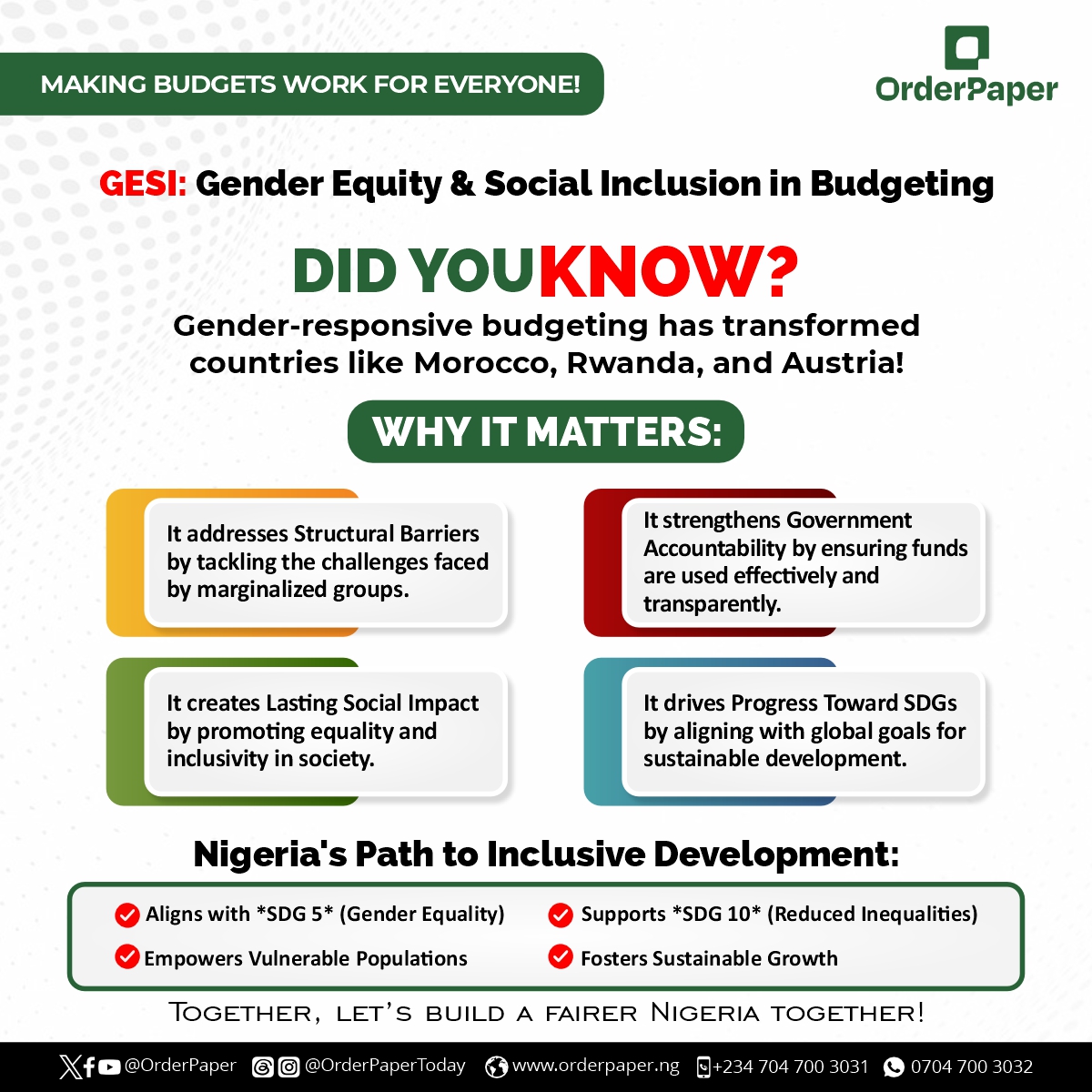
Globally, gender-responsive budgeting has proven to be a transformative tool in countries like Morocco, Rwanda, Colombia, and Austria where they have been institutionalized to tackle gender disparities. These countries have shown that when a budget is gender-responsive, there will be impactful outcomes that will drive progress toward achieving the Sustainable Development Goals (SDGs).
For Nigeria, embedding GESI principles in budget defense processes is not just a strategic imperative but also a commitment to global standards. This approach aligns with SDG 5 (Gender Equality) and SDG 10 (Reduced Inequalities), ensuring that the country’s development agenda addresses the most pressing issues of exclusion and inequality.
By integrating GESI into fiscal planning and budget reviews, Nigeria can create a more equitable society where public resources are allocated to empower vulnerable populations and foster long-term national growth.
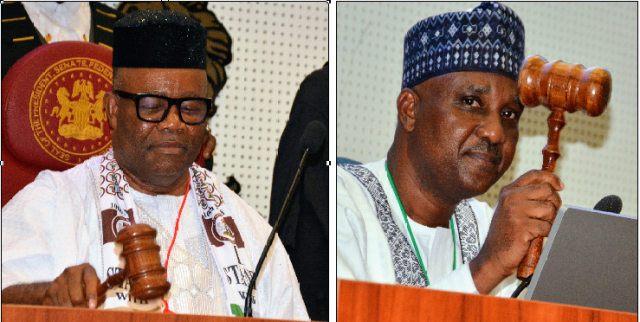
NASS and Gender-Responsive Budgeting
During a workshop organized by the National Institute for Legislative and Democratic Studies (NILDS) in July 2024, the Senate President, Sen. Godswill Akpabio (APC, Akwa Ibom) emphasized the National Assembly’s commitment to gender-responsive budgeting. He stated the role of gender-responsive legislation and budgeting in addressing gender gaps in governance and development cannot be overemphasized. According to him, the National Assembly (NASS) would ensure gender-responsive budgeting every fiscal year in making Nigeria an equitable and inclusive society for all.
Similarly, the Speaker of the House of Representatives, Rep. Tajudeen Abbas (APC, Kaduna) stated that women and girls still face challenges accessing education, healthcare, economic opportunities, and political representation. He attributed this was to the lack of gender-responsive legislature, adding that the House of Representatives was taking the matter seriously.
Looking at the commitment of these National Assembly leaders, it is important that as the 2025 budget scrutiny concludes, they can play their part in ensuring that adequate budgetary allocations for programmes targeting women’s empowerment, marginalized communities, youth, PWDs, and other vulnerable groups are prioritized.
READ ALSO: 2025 Budget must prioritize Nigerians’ welfare -Akpabio
That the ministry of women affairs and the ministry of youth development have paltry amounts in the 2025 budget calls for concern. Being a critical set in the nation’s population, the National Assembly leaders can call for increase in budgetary to be able to accommodate the needs of these demographics.
They can call on all MDAs to integrate GESI components across their budgets and programmes thereby ensuring that no group is left behind, contributing to inclusive national development, and fulfilling Nigeria’s commitment to sustainable and equitable governance.
Additionally, the National Assembly leaders can play an instrumental role by ensuring that these MDAs are held accountable for the execution of GESI-responsive programmes and that the allocation of resources reflects the principles of equity and inclusivity.
Recommendations for GESI Budgeting
The principles of GESI provide an essential framework for ensuring equitable allocation of resources. Lawmakers have the responsibility to scrutinize budgets through a GESI lens, evaluating whether allocations address the needs of marginalized groups, including women, PWDs, youth, and rural communities.
This involves questioning MDAs on their commitments to inclusivity, ensuring that MDAs conduct and present GESI audits, detailing how their budgets will address the needs of marginalized groups, and ensuring that proposed budgets are backed by disaggregated data to demonstrate impact.
Furthermore, the budget scrutiny allows lawmakers to identify gaps in inclusivity and call for adjustments. For example, they can recommend increased funding for maternal health programmes, inclusive education initiatives, and increased funding for empowerment programmes for youth to reduce unemployment. By promoting transparency, lawmakers can demand accountability mechanisms that ensure funds allocated for GESI-related programmes are utilized effectively.
In subsequent fiscal years, they can involve civil society organizations to strengthen this process by making them provide data-driven insights to challenge MDAs on inclusivity to lawmakers to ensure compliance. This collaborative approach will ensure that budgetary decisions not only address systemic inequalities but also align with the broader goals of social justice and sustainable development. Through such efforts, GESI becomes a cornerstone of equitable governance, ensuring that no one is left behind in Nigeria’s development journey.
Conclusion
By embedding GESI principles into the budgeting process, Nigeria can move closer to achieving sustainable development, good governance, and human rights for all. The 2025 budget approval process offers a unique opportunity to reinforce these commitments and set a precedent for inclusive governance.


